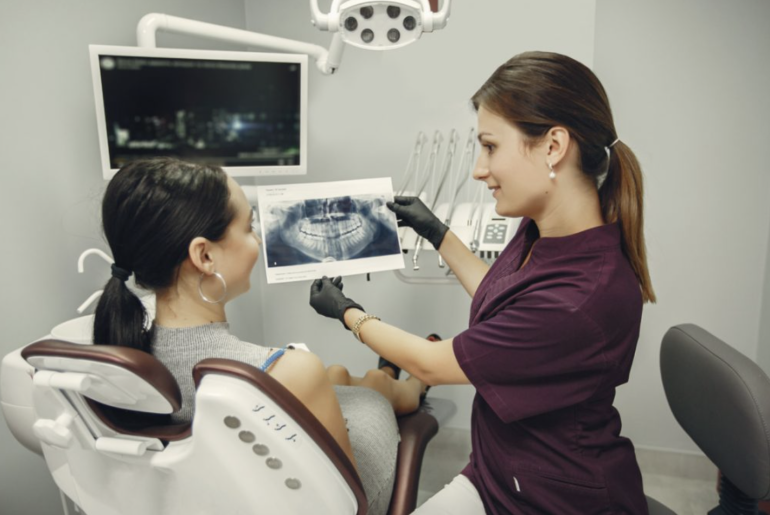Your general dentistry San Leandro, CA specialist will take thorough measures to ensure your oral surgery is successful. This includes examining your teeth and gums carefully as well as taking X-rays and scans of the area for a better understanding of where nerves, roots, jawbones etc are located before creating a personalized treatment plan fit just for you. Oral surgeries can include extractions, gum grafts, implants or even jaw correction – all completed by our highly trained professionals.
Common tips for preparing for your oral surgery technique
Oral surgery may be easier if you put in a little preparation. If you know what to anticipate ahead of time, you may be more comfortable about what you require to have done. Your procedure should start long before you walk in for your consultation. Here are common ways to prepare for your oral surgery;
1. Be informed: Schedule time with your dentist or oral surgeon to ensure you understand the reasons for your operation. Find out the risks and advantages of what you are having done. Also, bring questions to ask.
2. Fast: If you are going to be sedated, don’t consume or drink anything after midnight the night before your operation, including water. This lowers the chance of aspiration, an uncommon but critical anesthetic complication in which the contents of your stomach enter your lungs. If you have to take medication while fasting, you can drink a small sip of water.
3. Ensure you have a ride: You will require someone to drive you home if you are getting sedation, including nitrous oxide. Anesthesia can affect your judgment, making driving a car unsafe. You can request a ride from a friend or family member. If no one you know is available, you can take a cab or utilize public transportation. If neither of those choices is accessible where you live, ask the doctor’s office if you may wait there until you are okay to drive.
4. Reveal your arms: If you are going to be sedated for your treatment, wear short sleeves. It will assist nurses in taking your vital signs, inserting your IV, or putting blood pressure cuffs on you so they can observe you during the operation.
Some ideal foods to consume after your oral surgery
Avoid crunchy and hard foods after oral surgery to facilitate healing. Instead, fill your refrigerator and pantry with soft foods such as yogurt, soup, spaghetti, mashed potatoes, salmon, pudding, eggs, and rice. Also, try popsicles, ice cream, and milkshakes for a refreshing treat since cold meals might relieve pain in the surgery region.
When to see your healthcare professional about oral surgery
If you are experiencing tooth, gum, or jaw pain, immediately make an appointment with your physician. Also, if you have just had oral surgery and are experiencing discomfort that is not relieved by medicine, a temperature of 100.4 F or higher, or drainage at the surgical site, see your surgeon immediately. These symptoms may suggest an infection, which your specialist must treat promptly.
Modern surgical technologies enable your surgeon to deliver sophisticated care less intrusively. Oral surgery can enhance your quality of life by restoring the health of your gums, teeth, and jaw joints and relieving uncomfortable indicators. Call Davidson Dental Group to schedule your meeting today to determine whether you are the ideal candidate for oral surgery procedures.

